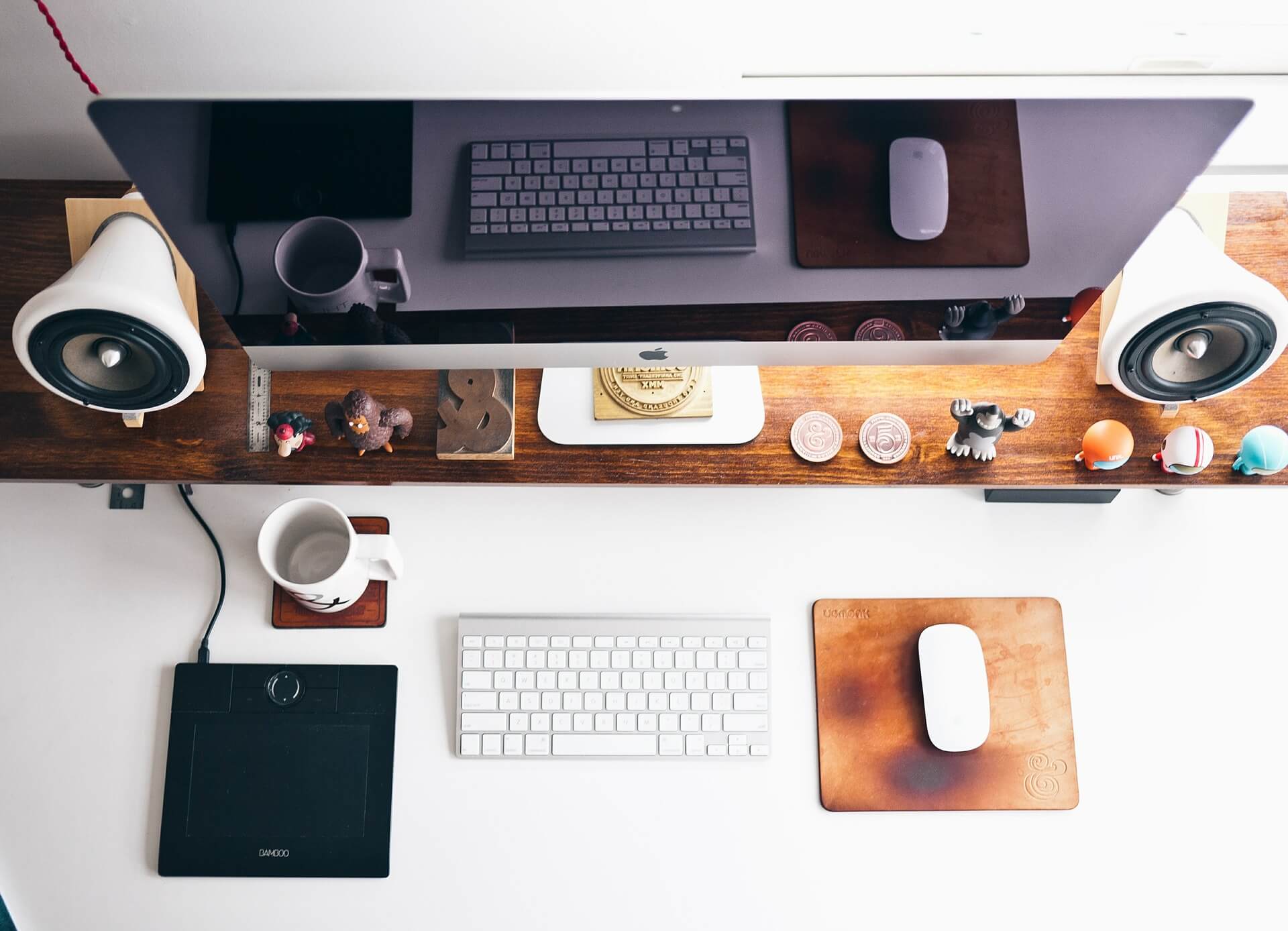Working Remotely? The Ins and Outs of Claiming Home Office Expenses_287x254a.jpg)
One of the long-term impacts of the coronavirus may be a fundamental change to how businesses operate with new research suggesting that up to fifty per cent of the workforce expect to continue to work remotely after the virus is contained.
Research firm Gartner said that 41% of employees are likely to work remotely at least some of the time – 30% prior to the pandemic. As an employer, this can be a benefit with a past survey of 5000 workers finding that remote workers put in 48% discretionary effort (above and beyond minimum requirements) over 35% for those that never work remotely (but they are more likely to switch jobs)
If you are working from home, you may be able to claim a deduction for some of the expenses for your ‘office’ area.
There are two parts to this, those employees working from home and businesses where their principal place of business is their home – effectively running their business from home.
To claim a deduction, you must have spent the money (not been reimbursed by your employer), the expense must directly relate to your employment and you must keep a record to prove it. If you receive an allowance from your employer instead of a reimbursement you must include the allowance as income on your tax return but you can still claim the deduction.
Working From Home During COVID-19?
.jpg) The ATO has acknowledged that many taxpayers may be working from home at this time and that tracking home office expenses may be a
challenge. As a result they are accepting a temporary simplified method of calculating additional running expenses from 1st March
2020 until (at least) 30th June 2020. Expenses not claimable under COVID-19 provision include occupancy expenses such as mortgage
interest, rent or rates nor the cost of general household items such as tea, coffee, milk which your employer would otherwise provide.
The ATO has acknowledged that many taxpayers may be working from home at this time and that tracking home office expenses may be a
challenge. As a result they are accepting a temporary simplified method of calculating additional running expenses from 1st March
2020 until (at least) 30th June 2020. Expenses not claimable under COVID-19 provision include occupancy expenses such as mortgage
interest, rent or rates nor the cost of general household items such as tea, coffee, milk which your employer would otherwise provide.
The Shortcut method
You can claim a deduction of 80 cents for each hour you work from home due to COVID-19 as long as you are:
- Working from home to fulfill your main duties, not just occasionally checking emails or taking calls
- Incurring additional deductible running expenses as a result of working from home:-
- Electricity used for lighting, cooling, heating and running electronic items such as your computer, gas heating expenses
- Depreciation and repair of capital items such as home office furniture & fittings
- Cleaning costs
- Phone costs including depreciation of the handset
- Internet expenses
- Consumables such as printer ink and stationery
- Depreciation of computer, laptop or similar device
By using the shortcut method you cannot claim further for the expenses listed above and you must keep a record (timesheet, diary notes or rosters) of the number of hours worked at home as a result of COVID-19. To claim the shortcut method on your tax return – include the note ‘COVID-hourly rate’.
Fixed rate method
You can elect the fixed rate method where you claim all of these:
- A rate of 52 cents per work hour for heating, cooling, lighting, cleaning and the depreciation of the office furniture
- The work related portion of your actual costs for phone, internet, computer consumables and stationery
- The work-related portion of the depreciation of your computer, laptop or similar device.
Actual cost method
Your claim is the actual work-related portion of all your running expenses, calculated on a reasonable basis. More information on claiming home office expenses is available on the ATO website
Running Your Business From Home
This is where your home is also your principal place of business (e.g. a tradesman with their workshop at home or small business with their main office in their home). If only some of your business is conducted from home, refer to the Working from Home section above.
Deductions Claimable:-

- The cost of a room’s utilities – apportioned between business and private usage based on actual use
- Phone costs – for a telephone used exclusively for business rental and calls is claimable, not installation costs. If used for both business and private, business calls are claimable.
- Depreciation of office plant and equipment – desks, chairs, computers, etc. Where a computer is also used for non-business purposes, the claim must be apportioned between business and private usage. Curtains, carpets and light fittings can also be depreciated.
- Rent, mortgage interest, insurance, rates are all occupancy expenses and a portion of these costs relating to the office room or workshop used as a place of business can be claimed. Commonly calculated base on the proportion of total floor area of your home.
- BEWARE ! Capital Gains Tax implication – although you can generally ignore capital gain or loss on selling your home under the main residence exemption, where your home is your principal place of business you will receive only a partial exemption based on factors such as the proportion of your floor area used for business purposes. If you are operating as a sole trader from a home that you own, from a tax perspective it may be safer to operate through an incorporated company to minimise the scope for losing the Main residence exemption.
More information about running your business from home and claiming deductions is available on the ATO website and go to our Resources page for a downloadable home office expense checklist.
This article forms part of our Business Accelerator Magazine. Download the latest edition HERE or browse other articles from this edition below:
- Post Pandemic – Survival Then Revival
- Are You Swimming Naked?
- Pivot, Adapt, Survive & Even Thrive - How to Pivot Your Business
- Temporary Early Access to Superannuation
- Return to Top
Also, don't miss our End of Financial Year Tax Planning
Guide
or our COVID-19 Help for Business Guide
Disclaimer: This newsletter contains general information only. No responsibility can be accepted for errors, omissions or possible misleading statements. No responsibility can be accepted for any action taken as a result of any information contained in these articles. It is not designed to be a substitute for professional advice and does not take into account your personal circumstances.





.jpg)








